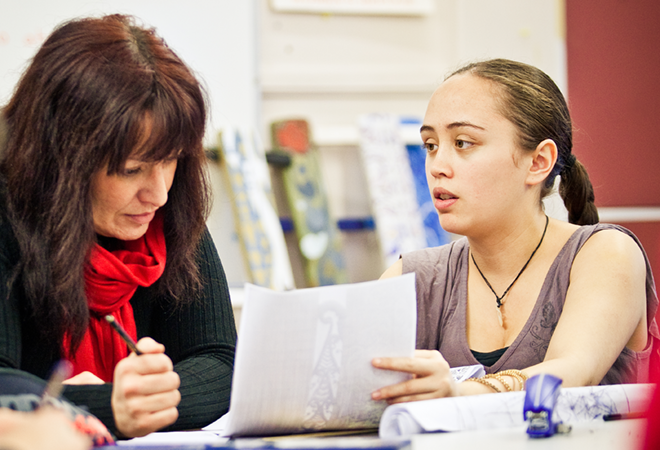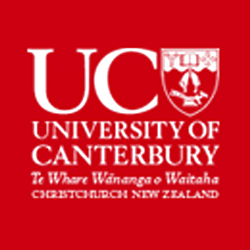
Hei Tauira – Teaching and Learning Excellence for Māori in Tertiary Settings
Status
Completed: 30 October 2009
Project Details
A project, undertaken by University of Canterbury, to investigate tauira, exemplars, of success for Māori in tertiary education and identify and share educational practices in tertiary institutions that lead to better education outcomes for Māori.
Aims:
The main aims of the project were to:
- identify, investigate, analyse and report policies, programmes and practice at institutional level that implement iwi educational aspirations and strategies and government tertiary educational priorities and strategies in terms of Māori
- identify, analyse and describe particular teaching programmes and teaching practices that support effective teaching for Māori and that support meaningful learning by Māori
- investigate, analyse and describe learning strategies used by Māori students (including utilisation of support structures such as site-based marae and kaiāwhina) that lead to meaningful and effective learning
- work collaboratively with participants to co-construct critical accounts of their practices
- develop an interactive research management site to report and further develop findings.
Methodology:
The project adopted a qualitative methodology that aligned comfortably with Māori cultural perspectives. The research addressed the question: What characterises programmes that have successful learning outcomes for Māori students?
The following methods were used to gather data:
- a literature review
- semi-structured and open-ended interviews with administrative leadership, teaching staff, students, and members of iwi, community groups and wider whanau
- four case studies drawn from both North and South Island institutions, involving a range of programmes.
Team

Janinka Greenwood
University of Canterbury
Lynne-Harata Te Aika
University of CanterburyKey Findings
The project identified five principles that contribute to Māori success in tertiary settings:
- Toko ā iwi, toko ā wānanga – support of the institution and iwi.
- Tikanga – is seen as vital by iwi and Maori students as an indicator of the programme’s cultural integrity.
- Pūkenga – strong supportive leadership to create an environment conducive to Māori success.
- Ako – the importance of developing effective teaching and learning strategies.
- Huakina – opening up the door with a proactive and strategic removal of barriers to study.
Key Recommendations
A research report prepared by Janinka Greenwood and Lynne-Harata Te Aika.
(PDF, 900 KB, 105-pages).
- 28 July 2008
A summary report prepared by Janinka Greenwood and Lynne-Harata Te Aika.
(PDF, 235 KB, 16-pages).
- 28 July 2008
A resource prepared by Janinka Greenwood and Lynne-Harata Te Aika.
(PDF, 269 KB, 2-pages).
- 28 July 2008